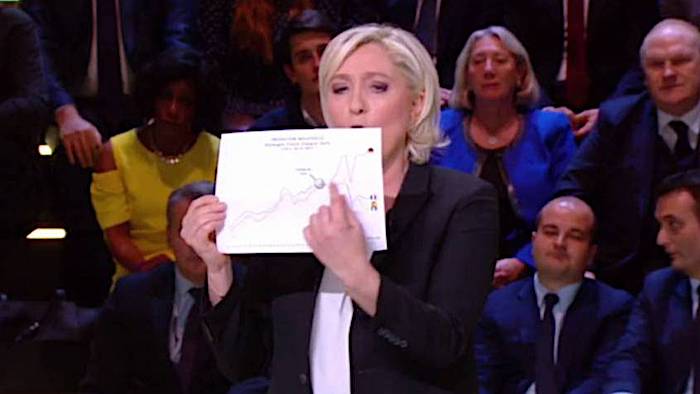The offices of Correct!v, a German journalists' collective, seem a bit crowded already.
Its East Berlin newsroom has a stage area where a photo shoot recently ended. There are piles of books and a British telephone box, amid second-hand furniture and bits of modern graphic design.
In one corner, a group of exiled Turkish journalists was planning their new project, when EUobserver recently visited. But space is being made for more people. From early April, a team of four or five fact-checkers will be based here looking for false news to debunk ahead of German elections.
David Schraven, a journalist who founded Correctiv, said it was a no-brainer to launch a fact-checking service.
"Disinformation is a real threat to our society. We’re doing this because we want people on election day to make their decision on the basis of facts," he explained.
The election campaign of Donald Trump in the US was marked by wild allegations and conspiracy theories in partisan and […]
Do you like our work?
Help multilingual European journalism to thrive, without ads or paywalls. Your one-off or regular support will keep our newsroom independent. Thank you!
















